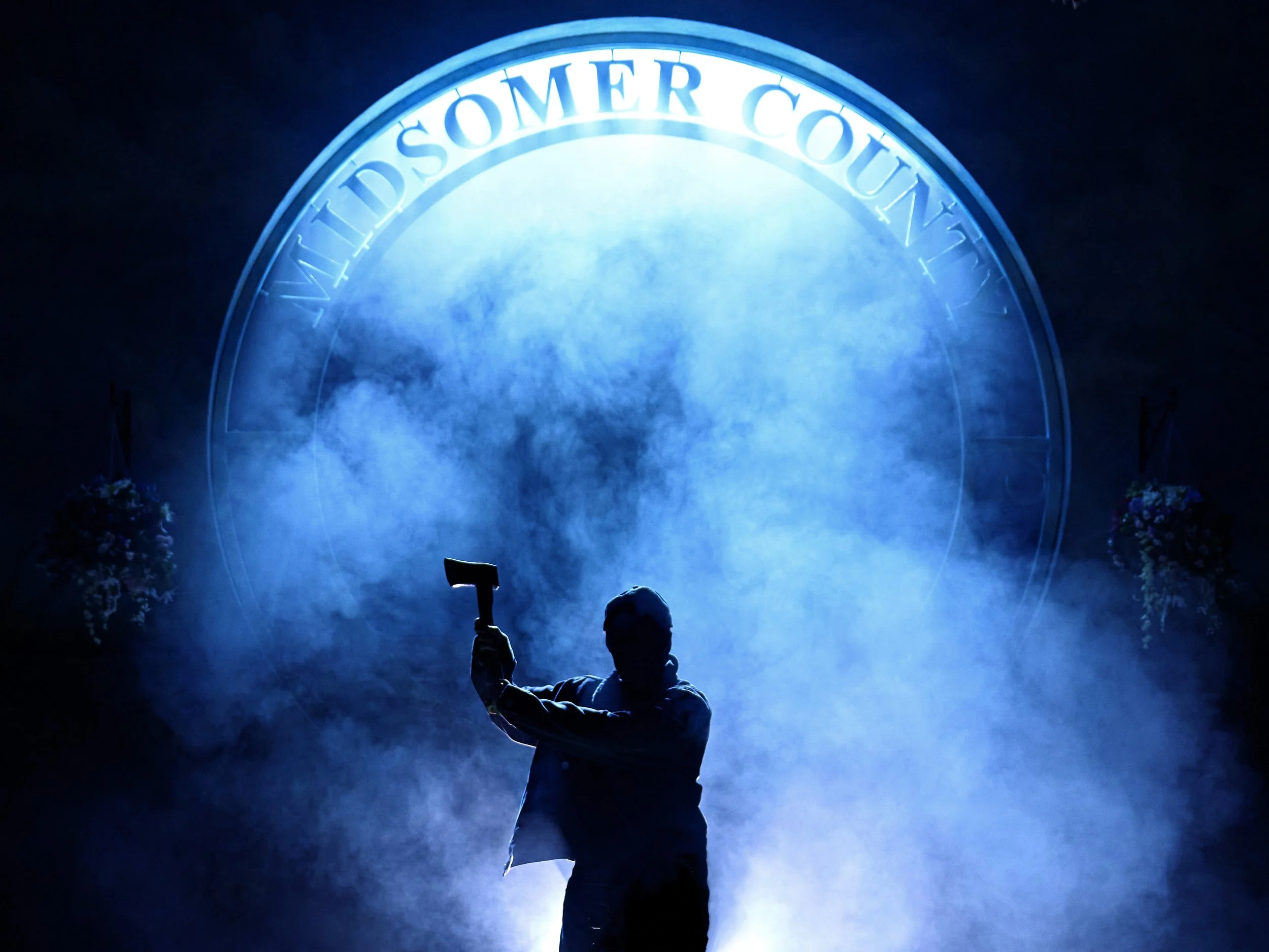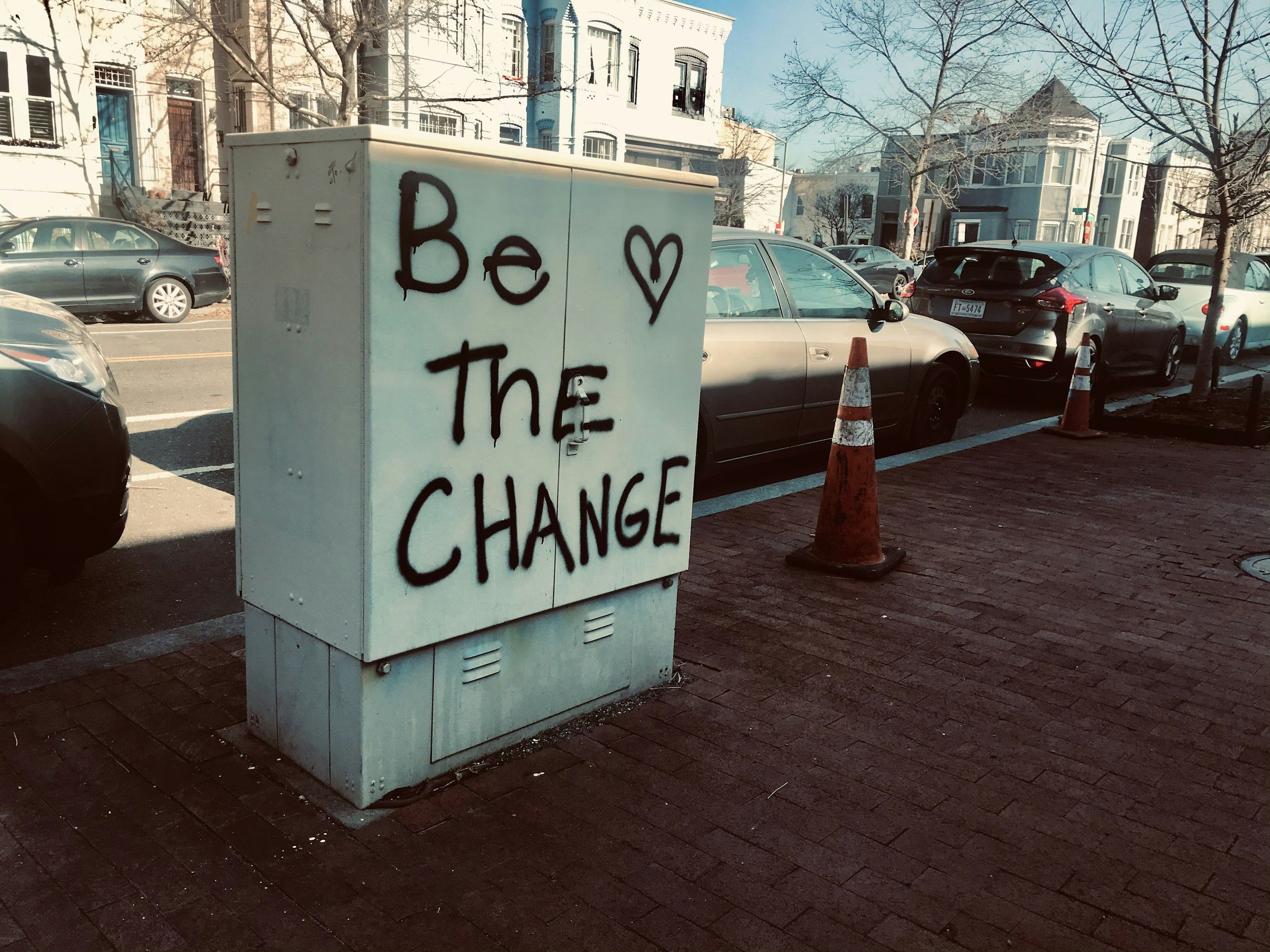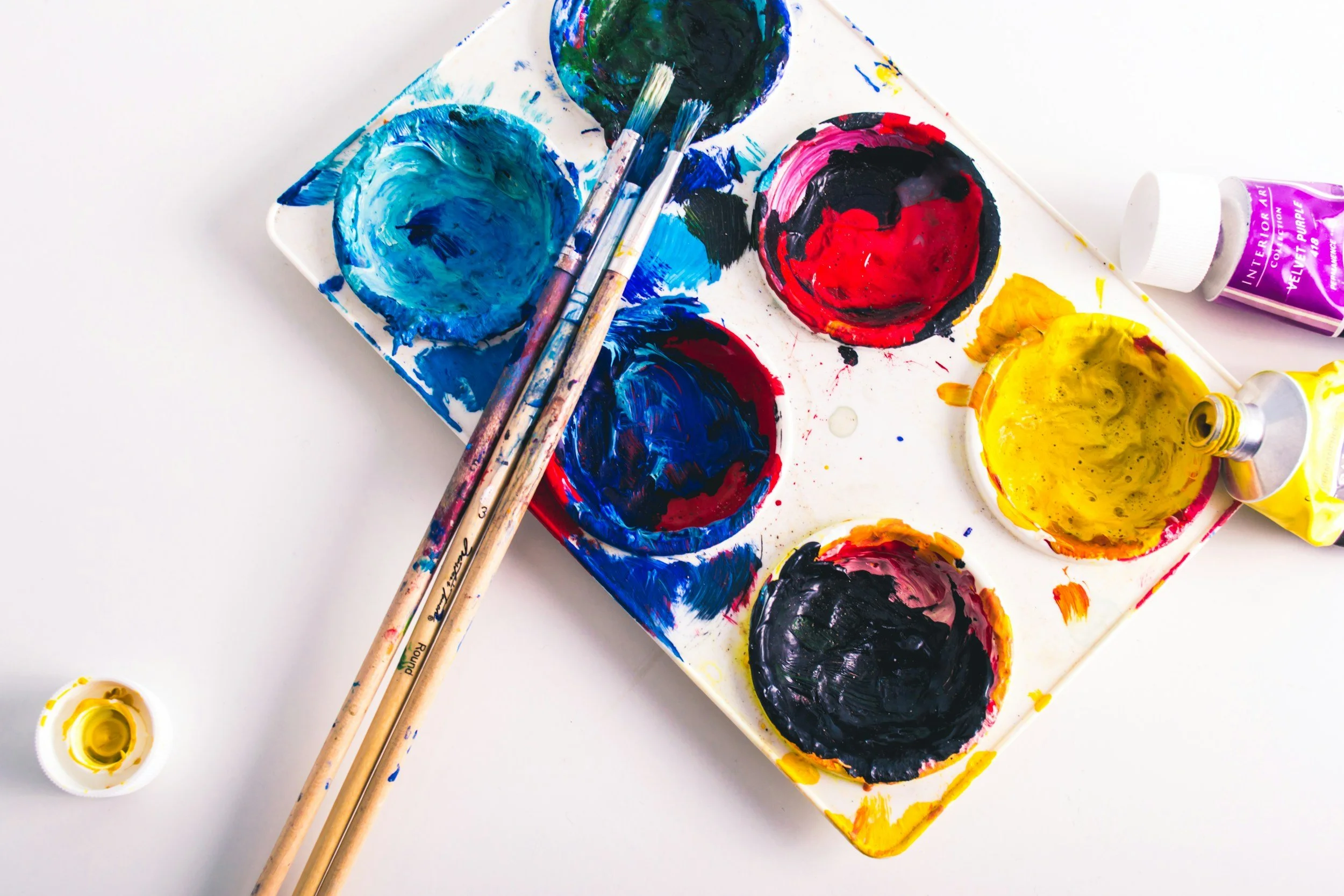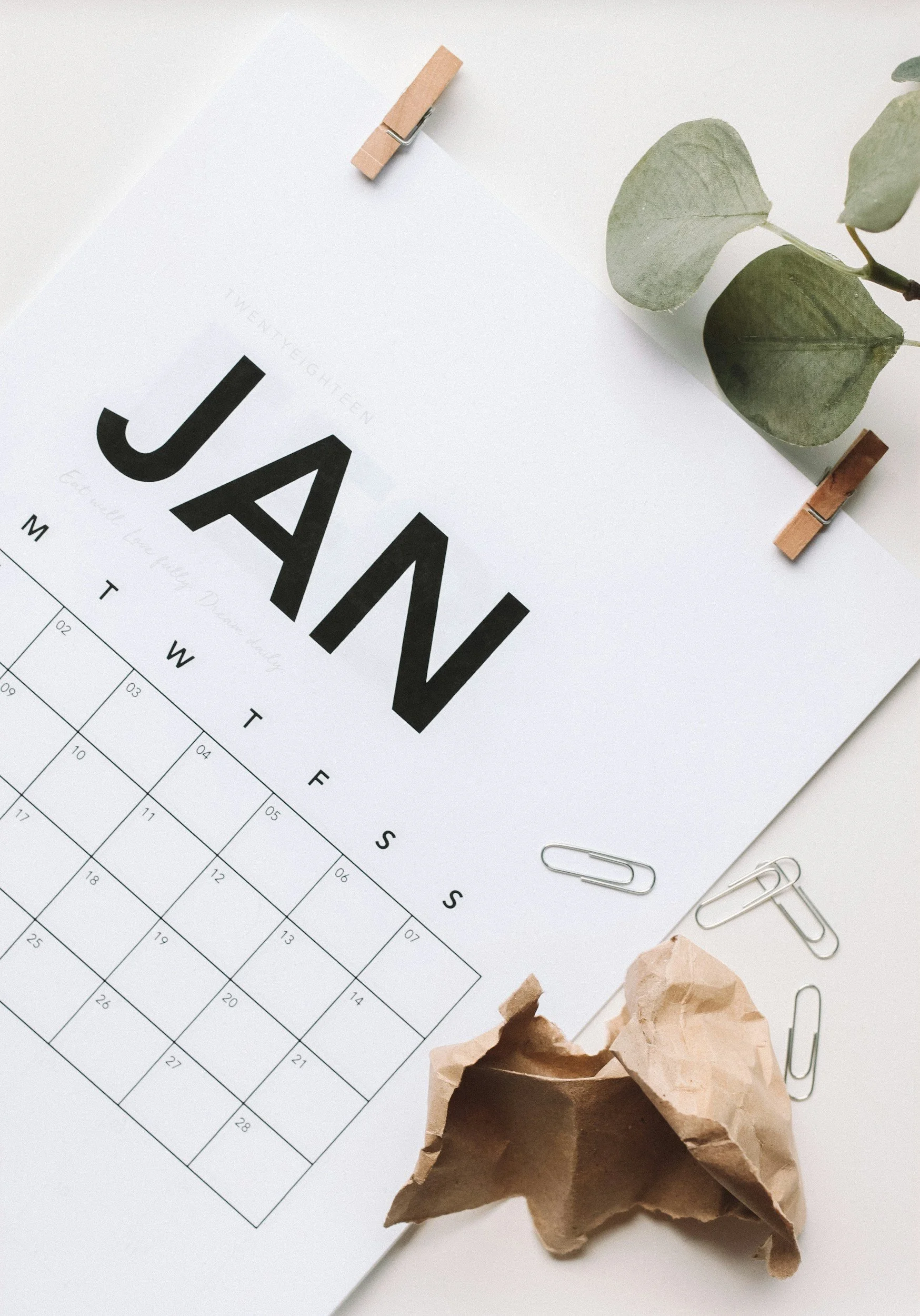The Demand for Female/Non-Binary Music Producers
To be a woman working as a music producer or engineer is no small feat. Across the whole music industry, there is a 70/30 divide of men to women as detailed in the yearly consensus by the charity Women in Music. This is a divide which is even more prominent behind the scenes.
Research by The University of Southern California’s Annenberg Inclusion Initiative found that only 2% of working music producers are female/non-binary. A male dominated, ‘boys club’ mania within the studio contributes to the lack of female/non-binary representation.
Aspiring female/non-binary producers and sound engineers are, more often than not, up against prejudism, sexual harassment and misogyny. Women working in the studio for years tend to be stereotyped as singers or girlfriends of the musicians, which has yet to be dismantled.
Producer and artist Grimes (born Claire Elise Boucher) has described the inequality and gender divide behind the scenes in the industry. As a pioneer for aspiring female producers and engineers, she has fought against the stereotypical view of women working within the music industry.
In an interview with The Michigan Daily, Grimes explained that when she began her music career, certain men working with her said that they would not finish her song unless she went back to their hotel room with them.
Grimes has subsequently produced all her albums and openly advocates for other female artists to do the same. She previously expressed in an interview with The Guardian that she is seldom celebrated for her production work compared to her voice and appearance.
Björk, Grimes and Missy Elliot have also all expressed their discontent on social media regarding the inequality that they have experienced, and have all dedicated time to showing their involvement with music production.
My London and Brighton research found that generally speaking, women working as producers and engineers within the music industry experience misogyny from the outset, divulging that they are not taken seriously or are belittled due to their gender.
A Brighton based female sound engineer I interviewed explained-
“I work as a touring sound engineer, and when I have to work at different venues, some inhouse engineers do not take me seriously. I've also had situations where I have been recommended for depping work but the management company came back with "we don't really want a girl". This was even before seeing my CV.”
Many upcoming female/non-binary artists, producers and engineers said that they had experienced either misogyny or harassment within the recording space and this led to them ending their career in music.
Thankfully, some female artists found their way back to their passion and instead opted to produce tracks on their own by using Ableton or Logic Pro software without the aid of a commercial recording studio.
After speaking to fellow female artists, I found that the general consensus was that they would be more comfortable with a female producer rather than a male. If there is such a demand for more female producers, why is it such a male dominated part of the industry?
In recent years however, there have been some indications of progress. Debohra Dugan stepped into the role of the president of the Grammys, which is an award ceremony that has often been critiqued for its discrimination towards minorities in the past.
This said, Dugan’s position as the president was likely to have been a publicity based progression, which is a way of demonstrating that an organisation is progressive without actually continuing this diversity behind the scenes.
Recent studies from the USC Annenberg Inclusion Initiative show that 4% of pop songs have a female credited across their research of 700 pop songs and for every 49 male producers there is only 1 female producer.
To conclude on a positive note though, there are more organisations aiding women within the music industry. Hopefully this will lead to broader fundamental changes over time, and that the old boys’ network will finally be overturned.
Women in Live Music- https://womeninlivemusic.eu/organisation/
Girls Rock London- https://www.girlsrocklondon.com
Loud Women- https://loudwomen.org/about/team-loud-women/
Women in Music- https://www.womeninmusic.org
Goldhand Girls- https://www.goldhandgirls.com/new-blog-1/2018/3/15/organizations4womeninmusic
Help us keep the City Girl Network running by supporting us via Patreon for the price of a cheap cup of coffee- just £2 a month. For £3 a month you can also get yourself a Patreon exclusive 10% off any of our ticketed events! You can also support us by following us on Instagram, and by joining our City Girl Network (city wide!) Facebook group.
Written by Bronwen Latham













